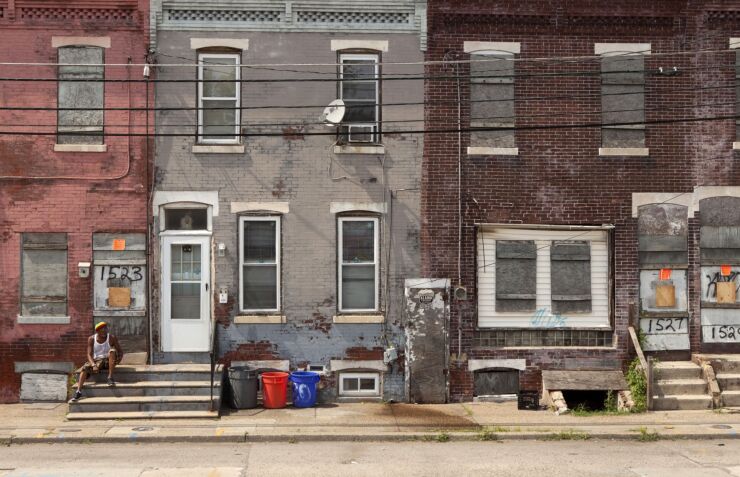
WASHINGTON — Oakland, California-based Beneficial Bank is breaking with many of their industry colleagues by opposing a lawsuit challenging updates to implementing regulations for the Community Reinvestment Act.
Randell Leach, CEO of Beneficial State Bank — a financial institution with a focus on community development — said the
"This isn't the first time that the banking lobby has decided to file a lawsuit and spend millions of dollars rather than update its practices to be fairer and more transparent," Leach said. "In many cases, the very same banks that have practiced racial and ethnic discrimination are arguing that this improved legislation is inconvenient, which is simply abhorrent."
In a rare moment of public intra-industry disagreement, the Oakland bank is calling not only for the final CRA to proceed, but also for additional corrective measures to "redress the banking sector's long history of racism that has perpetuated wealth inequities in the U.S."
A coalition of trade groups — including the ABA, Independent Community Bankers of America, U.S. Chamber of Commerce, Texas Bankers Association and Independent Bankers Association of Texas — filed a lawsuit in February in the Northern District of Texas attempting to stop recently finalized reforms to implementing regulations for the CRA.
The suit argues that the Federal Reserve, Federal Deposit Insurance Corp. and the Office of the Comptroller of the Currency arbitrarily exceeded their statutory authority when they
The plaintiffs argue that the final rules unnecessarily heighten the complexity and compliance burden of the CRA, ultimately undermining its very intent — to compel banks to serve the needs of the lower-income communities they serve.
Banks have long complained about aspects of the
Federal banking regulators have not backed down from the rule, with
Trades have argued that their opposition to the rule is founded not in the financial impact it could have on their businesses but in their concern for communities, arguing that the rule would make lending to minorities and low-income borrowers less advantageous.
In an
"In reality, [the American Bankers Association] is but one of the voices for a complex, multifaceted industry that takes a variety of views on federal regulation in general and the Community Reinvestment Act in particular," the brief noted. "The final rule provided meaningful regulatory relief to smaller and intermediate-sized banks, including reforms that were not only unchallenged, but lauded by the industry."






